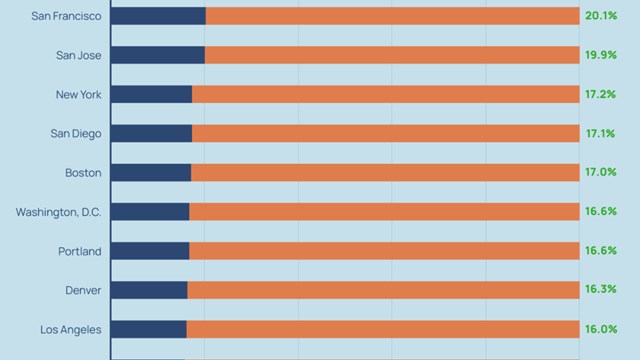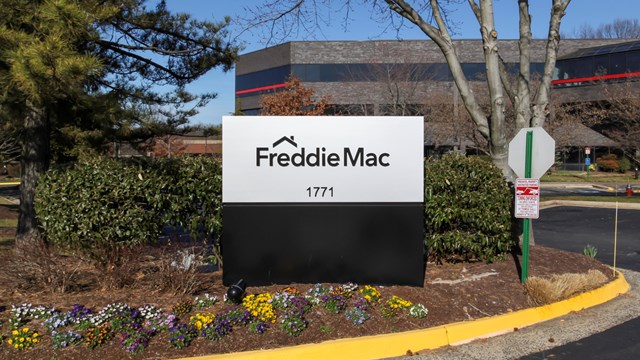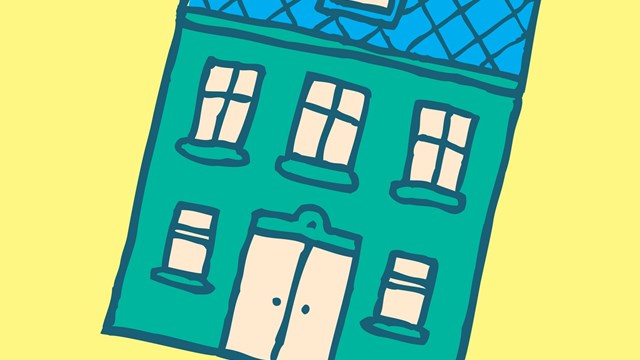If you've ever served on the board of a co-op or condo, the phrases capital improvements, emergency repair, asbestos remov-
al and (these days, especially) lead paint abatement probably elicit particularly unpleasant associations. With expenditures for such items often totalling tens of thousands of dollars, even the best prepared boards can be caught short when it comes to finding the money to pay for them.
According to Deborah Beck, executive vice president of the Real Estate Board of New York (REBNY), For large capital improvements and repairs, some buildings have to raise funds from assessments, a time-consuming process involving a board resolution and a waiting period before the money actually comes in. If immediate payment is required for the repair or improvement and the building lacks the money, it can be a problem. The board may opt for a band-aid solution that usually invites bigger problems later on.
As many New York City buildings reach maturity and struggle to find the funds for new roofs, boilers, windows, elevators, lobbies and facades, it becomes increasingly important for boards to address the issue of funding capital expenditures. Fortunately, some new sources of funding have recently come on the market.
Innovative Financing
One new alternative, being offered by New York-based Actrade Capital, is the Trade Acceptance Draft (TAD) program, designed to help finance large capital expenditures for co-ops and condos. Let's say you're the president of the board of a 500-unit, pre-war co-op full of young families, and you've received many inquiries from anxious parents about lead paint. Your board makes a decision to remove decades of the toxic material, a job that is going to cost upwards of $100,000. How will the co-op pay for this work if it only has $50,000 in its reserve fund and it has pledged to the bank holding its underlying mortgage not to take out any additional loans?
This is where the TAD program can help. The co-op can approach its chosen contractor and inquire about the firm's willingness to work with Actrade using TADs. Your contractor may already have a relationship with Actrade or may be hearing about TADs from you for the first time. In either case, the program is appealing to contractors for two reasons: First, it is a way in which they can work with buildings that may not otherwise be able to afford their work; and second, it allows the contractor to get paid in full upon delivery, without having to wait to collect the money or worry about the client not accepting the work.
Once the client and the contractor have reached an agreement on the scope and price of the work to be done, and have worked out a completion and payment schedule, the two parties can approach Actrade to apply for the TAD program. As the work is completed, and payments come due, the co-op signs the trade acceptance drafts, which look like checks, and gives them to the contractor as payment. Actrade then purchases the TADs from the contractor at a slight discount for immediate cash. Over the next five months, Actrade collects payments from the co-op in installments to cover the drafts.
In signing the trade acceptance drafts, the co-op both accepts the work and agrees to be billed by Actrade over a five-month period. Unlike with banks and factors (companies or individuals that buy receivables), no personal gua ffb rantees, Uniform Commercial Code (UCC) filings, liens or minimum volumes are required, and TADs can be used for any job from a few thousand dollars to a million dollars or more. The program has found growing acceptance among buildings seeking to get work done in a timely manner and contractors or suppliers looking to secure cash flow and reduce receivables.
Multiple Benefits
Dennis Leonardi, a principal of Leonardi Property Management Co., which manages 80 buildings in Manhattan, Brooklyn and Staten Island, notes that TADs are useful in at least two scenarios. First, if a large scale emergency happens and the board does not have the time to raise the money from a special assessment, TADs provide the capital until the funds are raised, says Leonardi. TADs are also an alternative for financing a scheduled major capital improvement when the board does not want to dip into its emergency funds. If enough money can be set aside each month from the regular maintenance income, Leonardi adds, this can be allocated to installment payments for the TADs.
TADs can be used in any of the building trades. When 503 Atlantic Avenue, a condominium located in Brooklyn, had to change its television entry system, lay down new carpeting in the hallways, pay legal fees and a hefty water billall at onceit turned to TADs. When we first faced the problem of having to tackle all these costs simultaneouslyeach of which would have taken a big bite out of our reserve fundthe board considered taking out a bank loan, explains Don Gilman, board treasurer. However, one of the contractors bidding on the job said he was able to offer five-month terms through Actrade's TAD program. After we understood what we were being offered, we decided to use TADs for all the other jobs too. The result was a much quicker start on the work, without saddling the condo with long-term debt.
Michael Hartman, proprietor and owner of MAR Plumbing and Heating Supplies in Hollis, Queens, is a great fan of TADs. Take a typical re-piping situation in a co-op, he says. This kind of job runs from $30,000 to $40,000. The problem is that 95 percent of co-ops don't have that kind of money. Co-op buildings are often overfinanced, so they can't borrow more from a bank against the building. And condominiums can't borrow against the building at all.
Using TADs, Hartman observes, I'm able to offer my customers terms. Now they can pay over a five-month period, but I still collect immediately. TADs are perfect for customers who need extended terms, but the deal doesn't stretch out anyone who needs immediate payment.
According to Richard T. Anderson, president of the New York Building Congress, a coalition of design, construction and real estate professionals, Financial officers of co-ops and condos can now rest easier, knowing that there is a financing vehicle that will not turn them down. The TAD program facilitates a co-op's ability to start and finish projects on time without the pressure of coming up with all the money at once.
Ms. Zelazny is director of marketing for Actrade Capital.







Leave a Comment